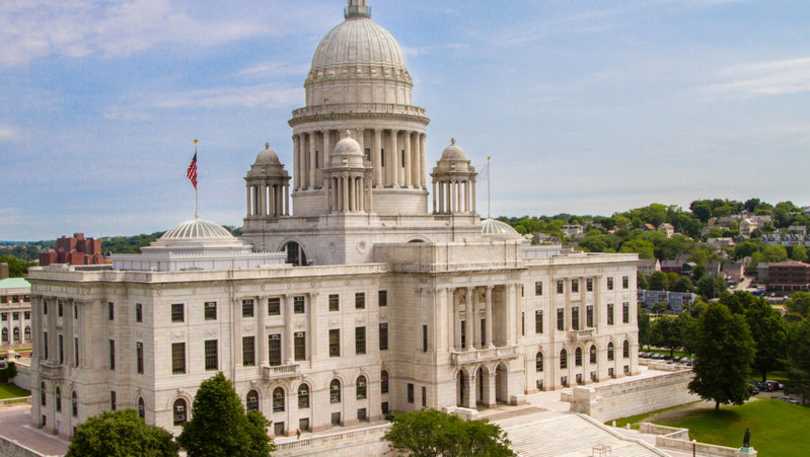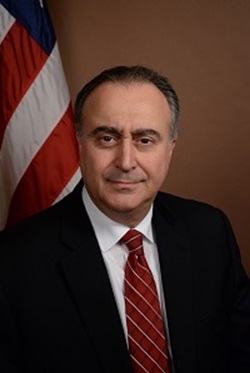Rep. Corvese bill would create open primaries

STATE HOUSE – Legislation sponsored by Rep. Arthur Corvese would open up primary elections in Rhode Island to all candidates and voters, forging a new path for elections that would ensure that no candidate is elected to state or municipal offices without the support of a majority of their constituents.
Under the bill (2024-H 7117), which he introduced yesterday, the party primary system would be replaced with a “general primary” in which all declared candidates are listed, and the top two vote-getters for each office face off in the general election.
Currently, Rhode Island’s primaries are party affairs in which voters must choose whether to participate in the Democratic primary or the Republican one, and select only that party’s nominees. Participation affiliates the voter with that party unless they disaffiliate after they cast their vote.
Switching to an open format, says Representative Corvese, would ensure that elected officials have the support of at least half of their electorate.

REPRESENTATIVE CORVESE
“As we’ve seen here in Rhode Island, it’s possible to win even the governorship with much less than half of voters’ support. That’s not much of a mandate, since a majority of voters did not vote for the candidate who won,” said Representative Corvese (D-Dist. 55, North Providence). “With an open primary, the candidate who ultimately wins must earn the trust of at least half of the voters. It’s a way of ensuring the candidate truly represents the will of the majority of voters.”
Two of Rhode Island’s recent governors were elected with less than 50 percent of the vote: Gina Raimondo in 2014, with 40.7 percent; and Lincoln Chafee, who took office in 2010 with just 36.1 percent of the vote.
The legislation, which has been assigned to the House Committee on State Government and Elections, would apply to all elections for state offices as well as local races. Under it, all candidates, regardless of party affiliation, would be listed on a single general primary ballot. All voters, regardless of their party affiliation (or lack thereof) would be eligible to vote in that general primary.
For each office up for election, the top two vote-getters in the primary would be listed on the general election ballot. In cases where there are multiple seats to fill, as is often the case for city and town councils and school committees, the number of candidates who advance would equal twice the number of available positions. So if a town were electing three council members, the top six candidates in the general primary would advance to the general election.

The legislation, which Representative Corvese has introduced annually since 2021, would not cut political parties out of the system. Candidates would still be allowed to have their party affiliations, and their endorsement by that party, if applicable, listed on the ballots in both the primary and general elections. No candidate who qualifies for a general election would be allowed to change their party affiliation between the primary and the general election.
